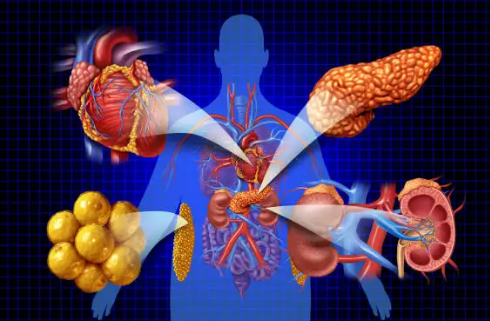
With the prevalence of diabetes and metabolic syndrome rising globally, the quest for effective prevention strategies is more vital than ever. Scientific research increasingly points to plant-based diets as a powerful tool in reducing the risk and progression of these conditions. Here’s what you need to know.
What Are Diabetes and Metabolic Syndrome?
-
Diabetes is a chronic disorder characterized by high blood sugar levels due to impaired insulin production or utilization.
-
Metabolic syndrome refers to a cluster of risk factors—including abdominal obesity, high blood pressure, elevated blood sugar, and abnormal cholesterol levels—that greatly increase the risk for heart disease, stroke, and type 2 diabetes.
Learn more:
Why Are Plant-Based Diets So Effective?
1. Improved Insulin Sensitivity and Lower Blood Sugar
Plant-based diets tend to have a low glycaemic load, abundant fiber, and high levels of antioxidants. These factors help:
-
Improve the body’s response to insulin
-
Lower fasting and post-meal blood sugar levelspmc.ncbi.nlm.nih+1
Find out more:
2. Weight Management and Decreased Obesity Risk
Obesity is central to the development of both diabetes and metabolic syndrome. A diet rich in plant foods:
-
Promotes healthy body weight
-
Reduces visceral (belly) fat
-
Is naturally lower in calories and unhealthy fats
Explore further:
3. Lower Cholesterol and Blood Pressure
Plant-based eating has been shown to reduce:
-
Bad cholesterol (LDL)
-
Blood pressure
Both of which are major contributors to metabolic syndrome.pmc.ncbi.nlm.nih+2
Read more:
-
Vegetarian and Vegan Diets May Lower Cholesterol (Harvard Health)
-
Plant-Based Diets and Cardiovascular Risk Factors (BMC Nutrition)
4. Reduced Inflammation and Better Gut Health
-
Phytochemicals, fiber, and a variety of micronutrients in plant-based foods decrease inflammation, which underlies both insulin resistance and metabolic syndrome.
-
Improving gut microbiota with plant-rich eating further aids glucose control and metabolic health.
Discover the science:
Real-World Evidence: Clinical and Population Studies
Large-scale research consistently finds that people following vegetarian or vegan diets are less likely to develop type 2 diabetes and metabolic syndrome. Notable outcomes include:
-
Up to 50% reduction in type 2 diabetes risk.diabetesjournals+2
-
Lower rates of metabolic syndrome in populations adopting plant-based eating patterns, regardless of age.pmc.ncbi.nlm.nih+2
Read reviews and studies:
Are All Plant-Based Diets Equally Effective?
For maximum benefit, focus on a whole-food, minimally processed plant-based diet rich in:
-
Whole grains
-
Legumes
-
Nuts and seeds
-
Fruits and vegetables
Diets high in refined grains and sugars do not offer the same protection.
Practical Tips to Get Started
-
Begin by adding one plant-based meal daily.
-
Swap animal fats for nuts, seeds, or avocado.
-
Aim for variety to maximize nutrients and gut health.
Key Takeaway:
Adopting a plant-based diet is a scientifically supported, highly effective way to lower your risk of diabetes and metabolic syndrome. These benefits stem from improved insulin sensitivity, healthier body weight, lower cholesterol, and a more balanced gut microbiome.
Ready to take the next step in your wellness journey? Explore Health and Wellness Hub’s resources and subscribe for more nutrition tips!
- https://pmc.ncbi.nlm.nih.gov/articles/PMC5466941/
- https://diabetesjournals.org/care/article/47/5/787/154331/Plant-Based-Diets-and-Diabetes-Risk-Which-Foods
- https://pmc.ncbi.nlm.nih.gov/articles/PMC6089671/
- https://www.mdpi.com/2072-6643/9/8/848/pdf
- https://bmcnutr.biomedcentral.com/articles/10.1186/s40795-024-00839-9
- https://pmc.ncbi.nlm.nih.gov/articles/PMC11680596/

